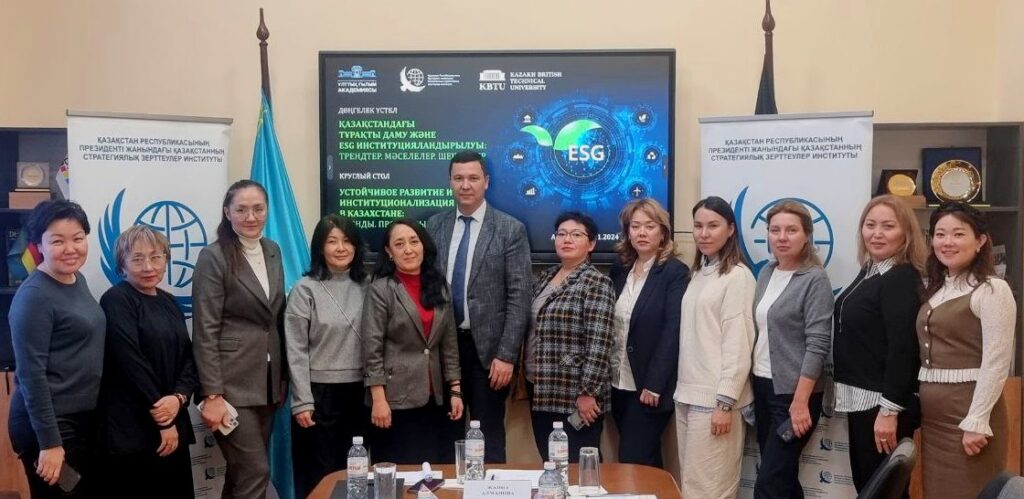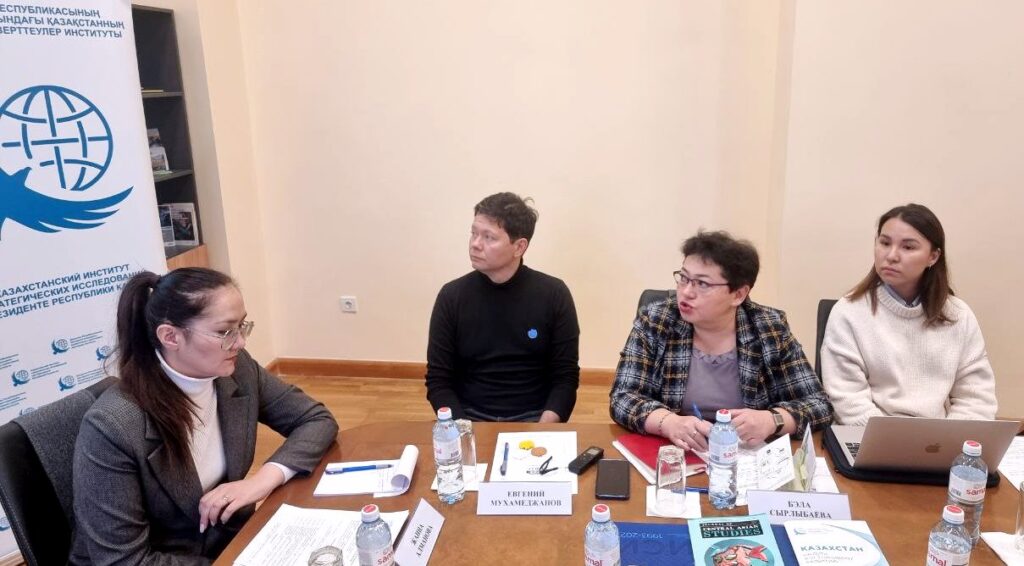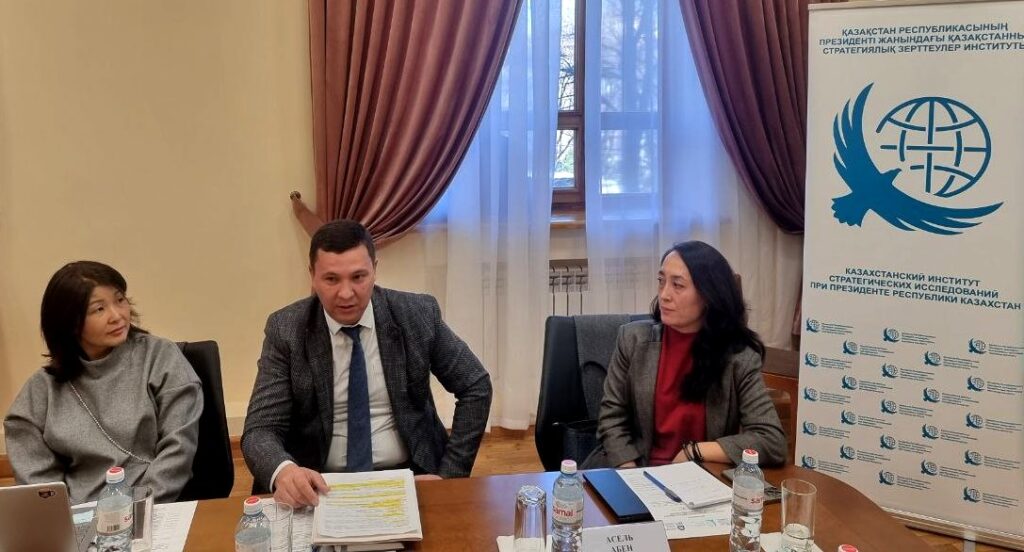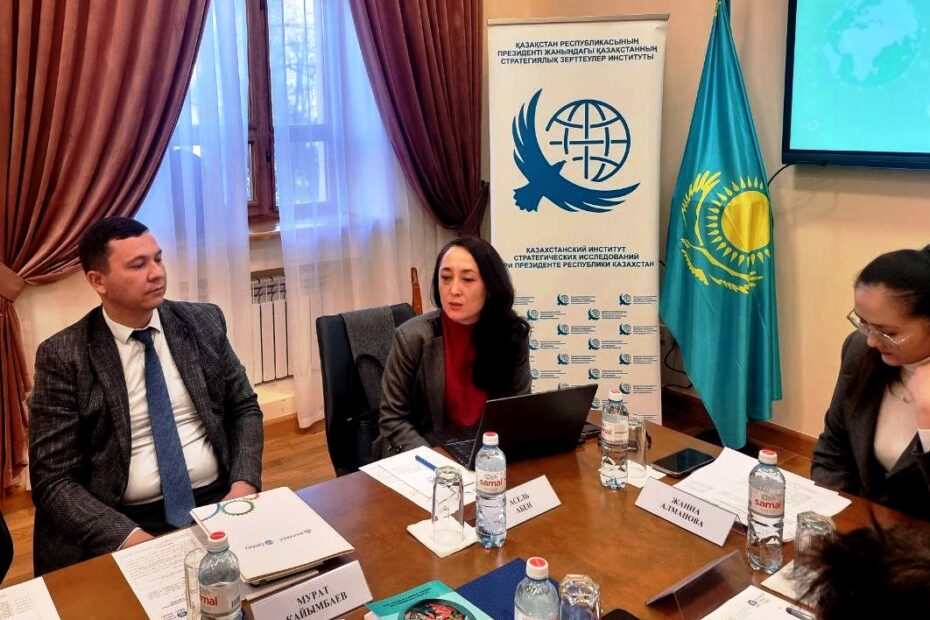On November 26, 2024, in Almaty, the KazISS branch under the President of the Republic of Kazakhstan, in collaboration with KBTU University, held a roundtable discussion on the topic “Sustainable Development and Institutionalization of ESG in Kazakhstan: Trends, Challenges, and Solutions” at the National Academy of Sciences of the Republic of Kazakhstan.
Experts, business representatives, government officials, and members of public organizations gathered to discuss the challenges of integrating ESG principles (environmental, social, and corporate governance) into Kazakhstan’s economy and governance.
Kazakhstan faces a critical task — bridging the gap between ambitious “green” development programs adopted at the highest level and their effective implementation on the ground. Low awareness of ESG principles, insufficient financial support, and weak adoption of “green” technologies and projects are identified as key barriers to sustainable development.
During the discussion, participants examined whether internal factors (regulations, economic benefits) or external factors (international pressure, investments) have a greater impact on sustainable development and ESG transformation in Kazakhstan. Special attention was given to creating incentive systems for businesses and public organizations. The conversation also addressed the level of awareness and readiness of Kazakhstani businesses and society to adopt ESG approaches and explored ways to enhance commitment to sustainable development principles.
The discussion highlighted how integrating ESG principles contributes to achieving global Sustainable Development Goals (SDGs), including combating climate change, advancing social equity, and promoting sustainable economic growth.
The roundtable participants emphasized the necessity of the following actions:
- Developing educational programs and awareness campaigns to increase understanding of ESG principles among businesses and the public.
- Establishing financing mechanisms to support “green” projects, including subsidies, preferential loans, and partnerships with international organizations.
- Strengthening government policies on ESG, including incentives for businesses and stricter requirements for environmental and social responsibility.
The roundtable underscored the urgency of integrating ESG principles into Kazakhstan’s economy to achieve sustainable development and align with global sustainability standards.







